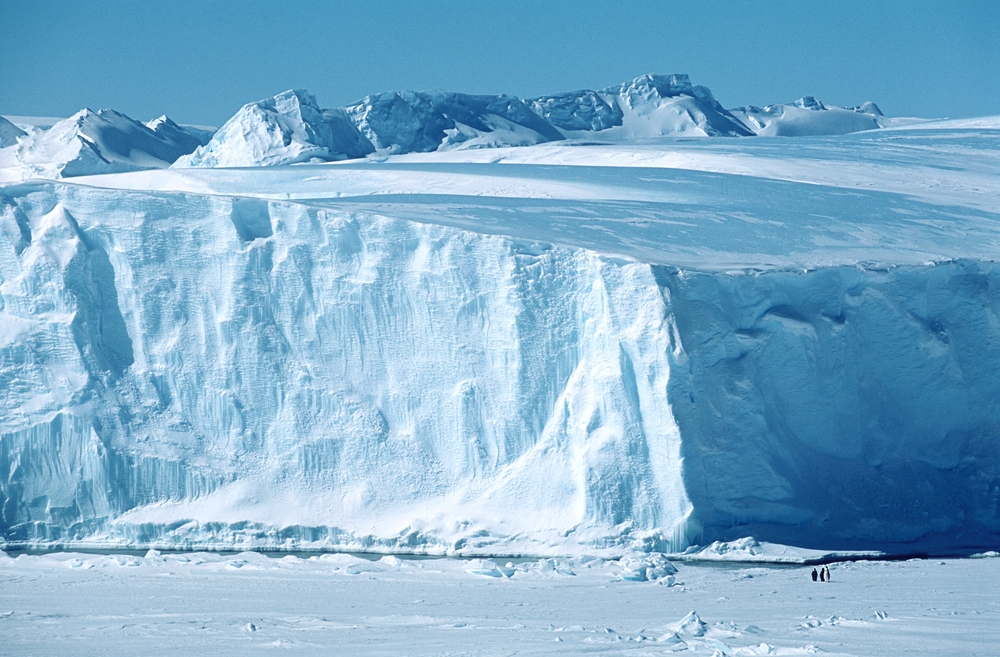Oct 22 2020
Climate scientists from Monash University have performed a new international study, which shows that ice loss in Antarctica has been continuing for several centuries after it started and is anticipated to continue.
Our study implies that ice loss unfolding in Antarctica today is likely to continue unabated for a long time—even if climate change is brought under control.
Dr Richard Jones and Dr Ross Whitmore, Study Lead Authors, School of Earth, Atmosphere and Environment, Monash University
Published recently in the Geology journal, the study describes a cosmogenic surface-exposure chronology from Mawson Glacier, close to a region of the Ross Sea that experienced dynamic marine-based ice sheet retreat after the Last Glacial Maximum.
 Image Credit: Sirtravelalot/Shutterstock.com
Image Credit: Sirtravelalot/Shutterstock.com
The data indicates a minimum of 220 m of sudden ice thinning between 7,500 and 4,500 years ago, after which the thinning was slow until the last thousand years.
The research presents new findings of ice-sheet thinning in the southwestern Ross Sea. The findings indicate that sudden ice loss of several hundred meters took place at a similar rate and duration over multiple outlet glaciers in the Mid-Holocene, regardless of the complex bed topography.
The two outlet glaciers show that sudden deglaciation took place throughout a wide region in the Mid-Holocene.
A comparison of the study data with regional ocean-temperature and sea-level variations shows that ocean warming most probably drove grounding-line retreat as well as ice drawdown, which gained further momentum due to the instability of marine ice sheet.
We show that part of the Antarctic Ice Sheet experienced rapid ice loss in the recent geological past. This ice loss occurred at a rate similar to that being observed in rapidly changing parts of Antarctica today, and it was caused by the same processes that are considered to cause current and probable future Antarctic ice mass loss - ocean warming, amplified by internal feedbacks.
Andrew Mackintosh, Head, School of Earth, Atmosphere and Environment, Monash University
“The retreat persisted for many centuries after it was initiated, which implies that ice loss unfolding in Antarctica today is likely to continue unabated for a long period,” concluded Mackintosh.